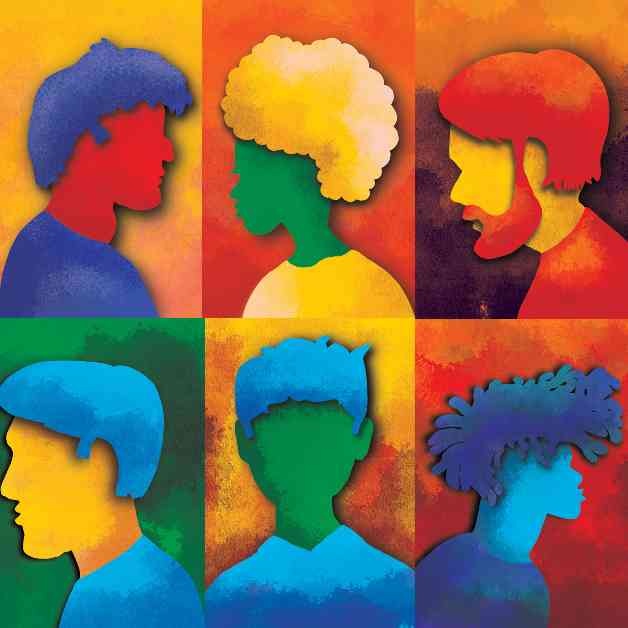In mid-April, jury selection began for The People of the State of New York v. Donald J. Trump. The case resulted in the conviction of the former president on all 34 counts of falsifying business records to conceal hush money paid to porn star Stormy Daniels. Legal and political commentators were curious if the prosecution and defense could find 12 impartial Manhattan residents. The idea of rogue jurors hijacking deliberations, as often seen in movies and TV shows, was also a concern.
Pop culture often portrays juries with biases and personal agendas, like in 12 Angry Men, where a holdout juror sways the others. Nancy Marder, a law professor, notes that dramatic tension is created with this trope, even though it’s rare in real life. Crime dramas and legal procedurals tend to depict juries passively, serving as an extension of the audience.
Jury Duty, a fake reality show on Amazon Freevee, provided a glimpse into the process of jury selection. However, the importance of juries in the justice system often goes unnoticed. Jessica Silbey, a law professor, highlights the mystery surrounding juries due to their secrecy and the lack of firsthand experience for most Americans.
The iconic 12 Angry Men, originally a teleplay, has been adapted into various forms worldwide. Its themes of deliberation and collective wisdom resonate across cultures. David Simpatico, a playwright, turned the story into a theatrical musical with updated themes of justice and toxic masculinity.
Legal dramas like Bull and jury consultants in real life use behavioral science to analyze potential jurors. Shows like Bull and Lie to Me accurately depict the work of jury consultants. Shelli Garson, an expert in emotional analysis, emphasizes the humanistic aspect of trial science in understanding jurors.
In crime procedurals, juries often play a passive role, serving as an expository device for the audience. Writers like Jill Goldsmith and Peter Blake use juries to present evidence to viewers. Adam Perlman notes that legal dramas rarely explore the jury’s perspective, with exceptions like The Good Wife.
While jury nullification and controversial verdicts like O.J. Simpson’s trial spark debate, jurors typically take their roles seriously and follow legal instructions. Critics of jury decisions may lack the full context or understanding of the evidence. Perlman and Goldsmith stress the importance of serving on juries and the impact it has on people’s lives.
Overall, the portrayal of juries in pop culture often highlights dramatic tension and legal procedures. The role of juries in delivering justice is essential, yet their significance is often overlooked. Serving on a jury is a crucial civic duty that requires attention and respect.















